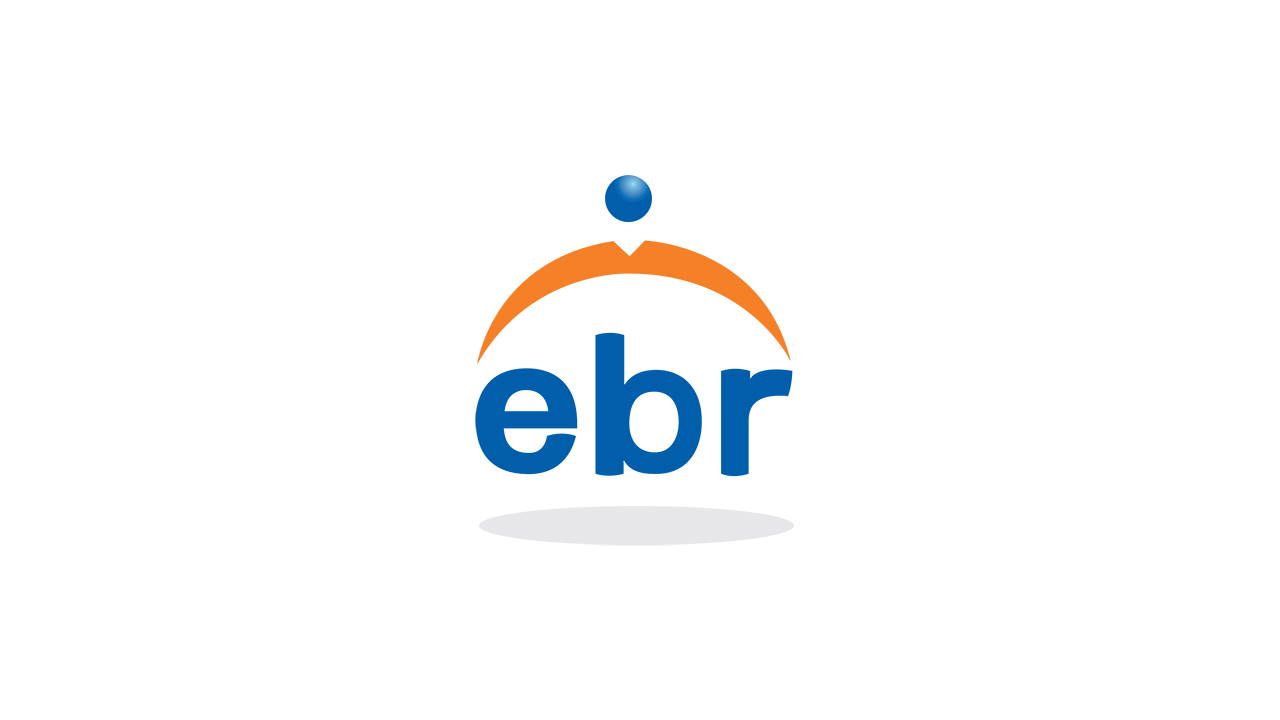Facebook and Twitter: Are you breaching the code of conduct?
In a digital age where employees are regularly engaging in online communication via social networking sites such as Facebook and Twitter, employment laws and company policies are under increasing pressure to manage employee conduct in the changing workplace.
Facebook alone has over 200 million users worldwide and each user has an average of 120 friends. The potential for damage from misuse of such powerful communication tools is extraordinary and is creating another dimension for employers to consider in managing employee conduct.
Facebook Posts and Twittering: A sackable offence?
Circumstances where online use of social media may result in disciplinary action include:
· use of the sites to bully, harass, discriminate against or vilify work colleagues;
· use of the sites as a forum to publicise workplace disputes;
· posting of defamatory content on such sites;
· disclosure of confidential information or intellectual property on the sites;
· or lack of productivity due to excessive use of the sites during work hours.
Whether the posts were made by the employee from a work computer or during work hours is not critical to whether an employee can be disciplined for inappropriate conduct. Even before the internet age, there were circumstances where employee conduct outside of work could be scrutinised by employers. Social networking sites simply broaden the range of communications employees can participate in and be disciplined for if they step over the line.
But what is the line? How far can employers go to discipline employees for posts they make in their private time?
This depends largely on the relevant contract of employment as well as policies and procedures the employer has in place. If the employee's posts reveal confidential information about the employer or make discriminatory comments that are referable back to the employer or workplace, existing contractual provisions, policies or procedures may anticipate disciplinary action for this type of conduct.
However employers are encouraged for their own protection to go further and create specific policies relating to social media so the "line" which must not be crossed is clearly outlined for employees. This will mean any termination of employment flowing from a breach of these specific policies is less likely to be considered to be harsh, unjust or unreasonable if challenged.
[Source: article by Fay Calderone, Human Capital, Issue 7.6]



